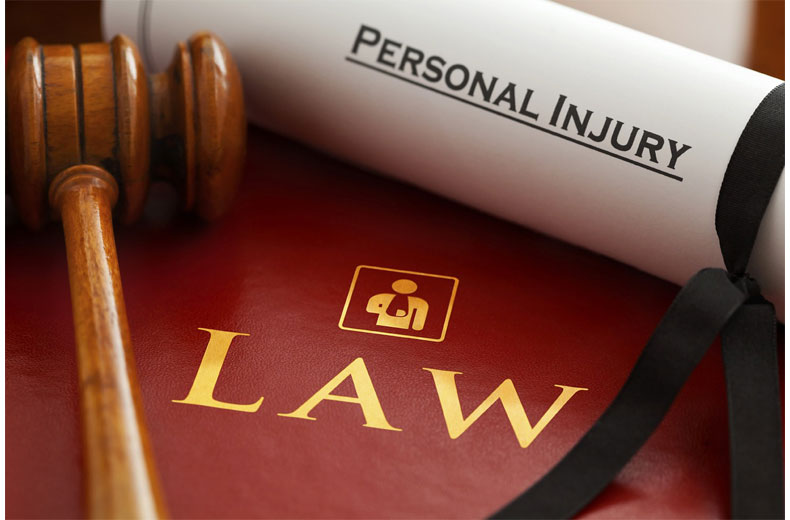If you’ve been injured in an accident that wasn’t your fault, then you may be entitled to compensation. The method through which this compensation is extracted is called a personal injury claim. Through the claim, you’ll be able to hold the responsible party accountable, and to get the money you need to make up for the losses you’ve incurred.
In most cases, personal injury claims are conducted on a no-win, no-fee basis. This means that your personal injury lawyer bears the responsibility of identifying which cases are likely to be successful. They’ll talk through the details of your claim, and, if they decide to represent you, they will assume the cost of any failure. This means that no-one needs to avoid making a claim for fear of financial hardship.

What types of compensation are there?
A compensation for personal injury will fall into one of two categories.
General Damages
General damages are designed to make up for the pain and suffering that your injury has caused you to go through. This doesn’t necessarily mean that your injury has to have been agonising – if it results in a loss of quality of life, then it qualifies. So, reduced mobility, and increased anxiety, would quality.
Special Damages
Special damages, on the other hand, are there to make up for any loss of income sustained as a result of the injury. If you have injured your fingers to the extent that you can no longer work as a pianist (or any other form of manual labour), then you will be awarded special damages.
In either case, the amount you are awarded will depend on the extent of your injury.
How much could I be entitled to?
The exact amount you are awarded will depend almost entirely on your particular circumstances. It’s therefore almost impossible to predict with any certainty what you’ll be awarded until every factor is considered.
With that said, the Judicial College provides guidelines which list a range of injuries alongside a range of potential damages. An injury to the head or face could yield anywhere from just over a thousand pounds to more than three-hundred thousand. Other, less valuable parts of the body are less lucrative.
What time limitations are in place?
In the UK, personal injury claims should be made within three years of the accident occurring. The rules are slightly different in the case of children, who will have three years from their eighteenth birthday.
Do I have to go to court?
In the overwhelming majority of cases, claimants are not expected to attend a courtroom in person. In the rare cases in which they are, the solicitor should provide expert guidance to get them through to the other side of the process.